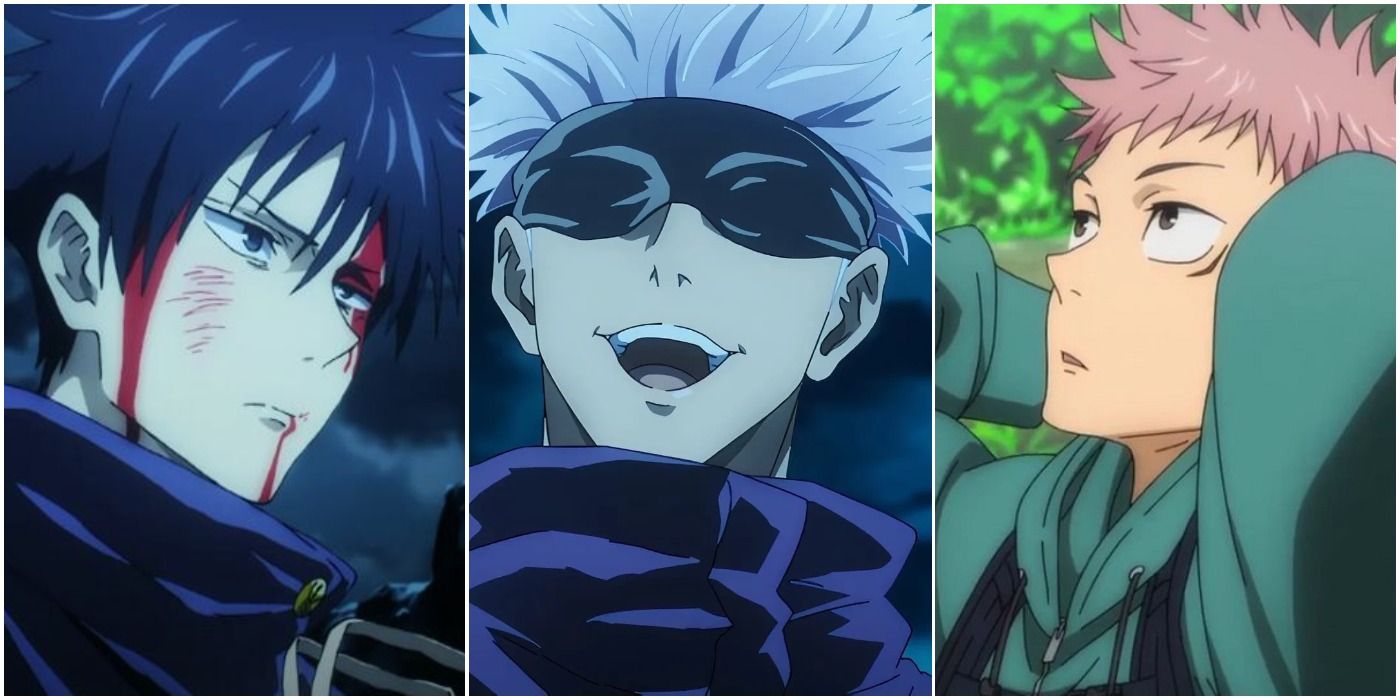
When it comes to breakout anime from 2020, Jujutsu Kaisen dominated the winter season, introducing viewers to a world of sorcerers and curses that could very well become one of the next big shonen series.
It's not just the fight sequences and supernatural elements that have sold fans on this anime, however. The series also boasts a range of interesting characters, many of whom offer viewers wisdom, humor, or a combination of both. Despite being wrapped up in all the action of season 1, the anime's characters had time to drop these gems, which will surely stay with fans long after the episodes are through.
10 "You Should Use Your Strength To Help Others." -Yuji's Grandfather
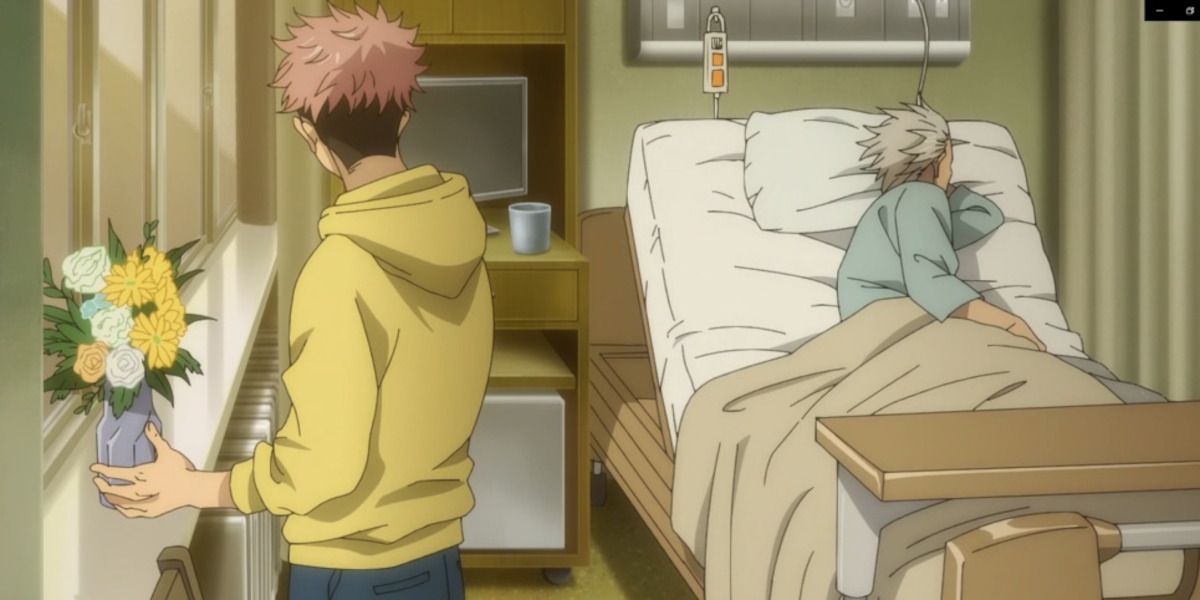
From the get-go, Jujutsu Kaisen delivers a message focused on using one's powers to help others -- even before its protagonist, Yuji Itadori, realizes he has any extraordinary abilities to speak of.
As Yuji's grandfather is on his deathbed, he delivers wisdom to his grandson by telling him to use his strengths to do some good in the world. Evidently, that message resonated with Yuji, who continuously throws himself in harm's way to help others as the anime unfolds.
9 "I Don't Know How I'll Feel When I'm Dead, But I Don't Want To Regret The Way I Lived." -Yuji Itadori
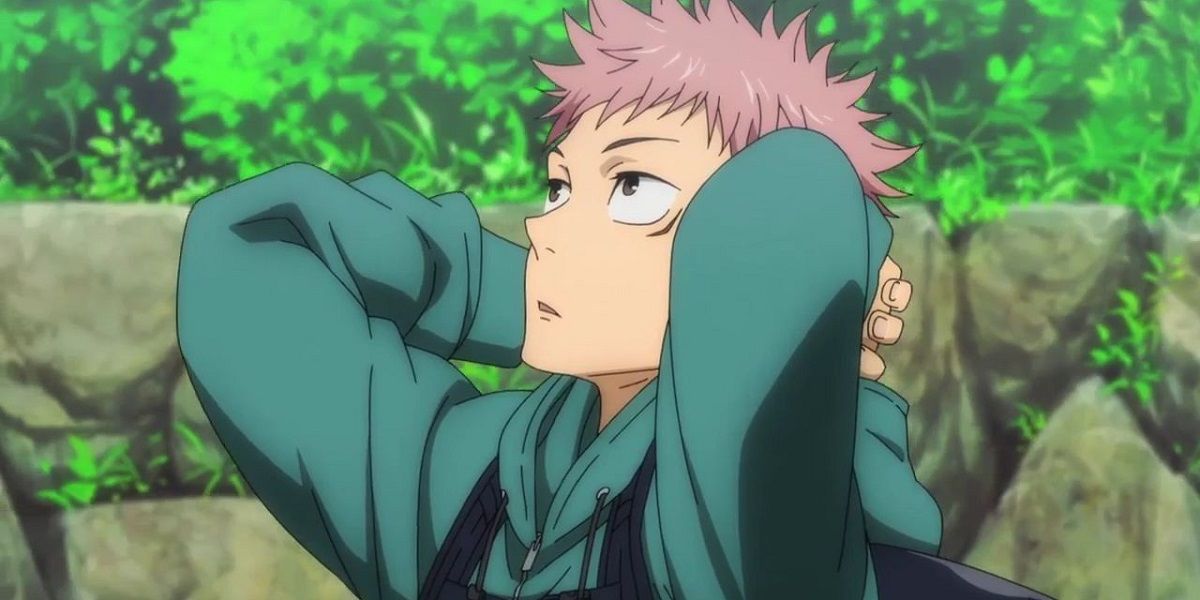
Yuji may have extraordinary powers and a kind heart, but he's also got one huge problem throughout Jujutsu Kaisen: the fact that he's a vessel for Sukuna, better known as the King of Curses. Because of this, Yuji's story is likely to end in tragedy. Although he's been allowed to stick around while the jujutsu sorcerers locate Sukuna's fingers and attempt to destroy the cursed spirit, he's already accepted he'll be killed alongside Sukuna.
Despite that, Yuji seems to be handling his fate fairly well. When it comes up, he delivers this wisdom, suggesting he's more concerned about making the best of his time on Earth than prolonging his life. It's one of those admirable qualities that makes him a compelling hero.
8 "Searching For Someone To Blame Is Such A Pain." -Satoru Gojo
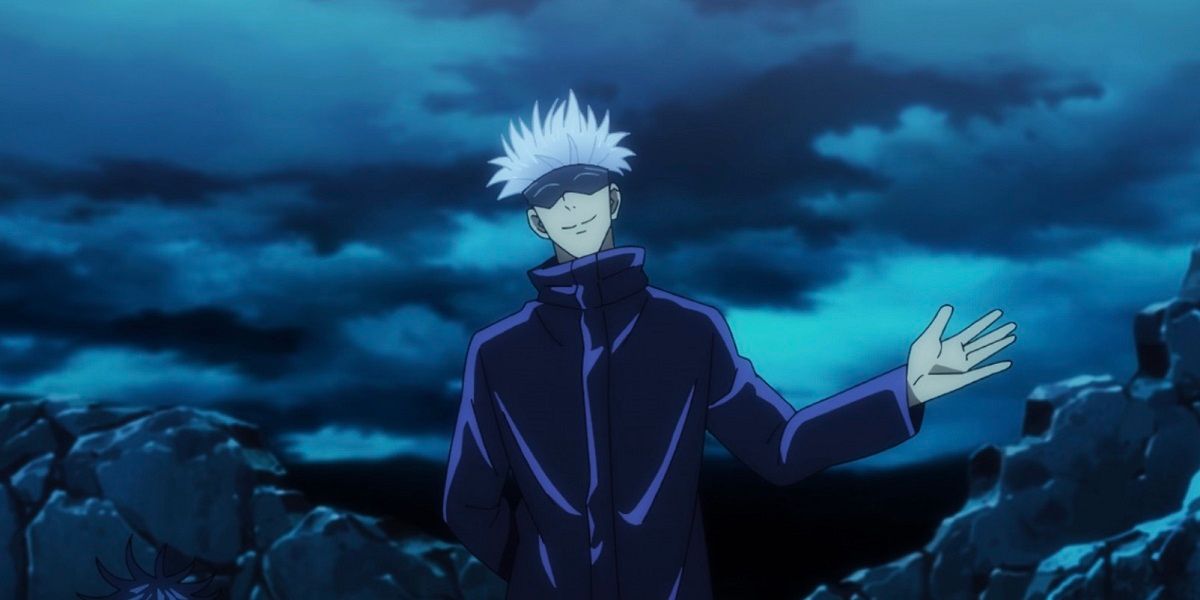
Satoru Gojo is one of Jujutsu Kaisen's most laidback characters, but he's also a no-nonsense type of guy. It's unlikely fans will ever witness him wallowing in self-pity or finding excuses for his mistakes or failures. In fact, when his students are tempted to do this, he pushes them to look forward instead.
"Searching for someone to blame is such a pain" may be a simple way of saying that it's not worth one's time to go around blaming others or dwelling on mistakes. However, it's one that will resonate with the anime's viewers as much as the characters because it's a positive way to look at life -- even if it is a bit blunt.
7 "It's Not About Whether I Can. I Have To Do It." -Megumi Fushiguro
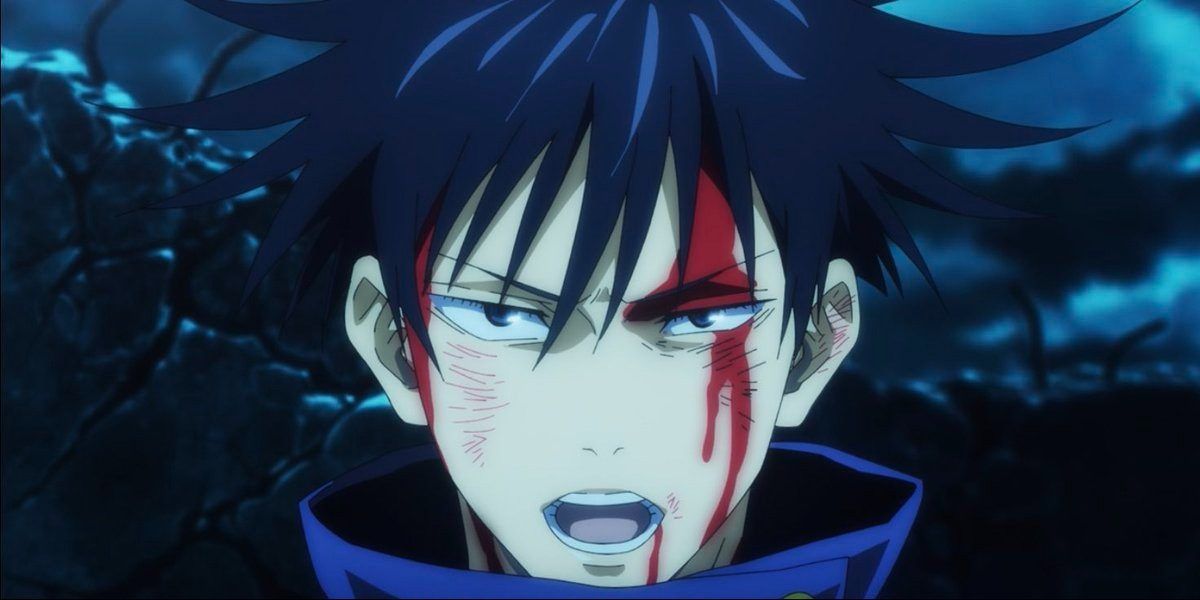
Megumi channels his inner Yoda with this quote, suggesting that, if you want to accomplish something, there's no point in asking whether you can or can't do so. During his encounter with Sukuna in "Fearsome Womb, Part 2," he showcases his determination to help his friend and outsmart the King of Curses with this line.
And even if Megumi doesn't necessarily succeed, it's inspiring to approach a challenge with such a mindset. After all, the first step to getting something done is believing you can do it.
6 "I Want More Good People To Enjoy Fairness, Even If Only A Few." -Megumi Fushiguro
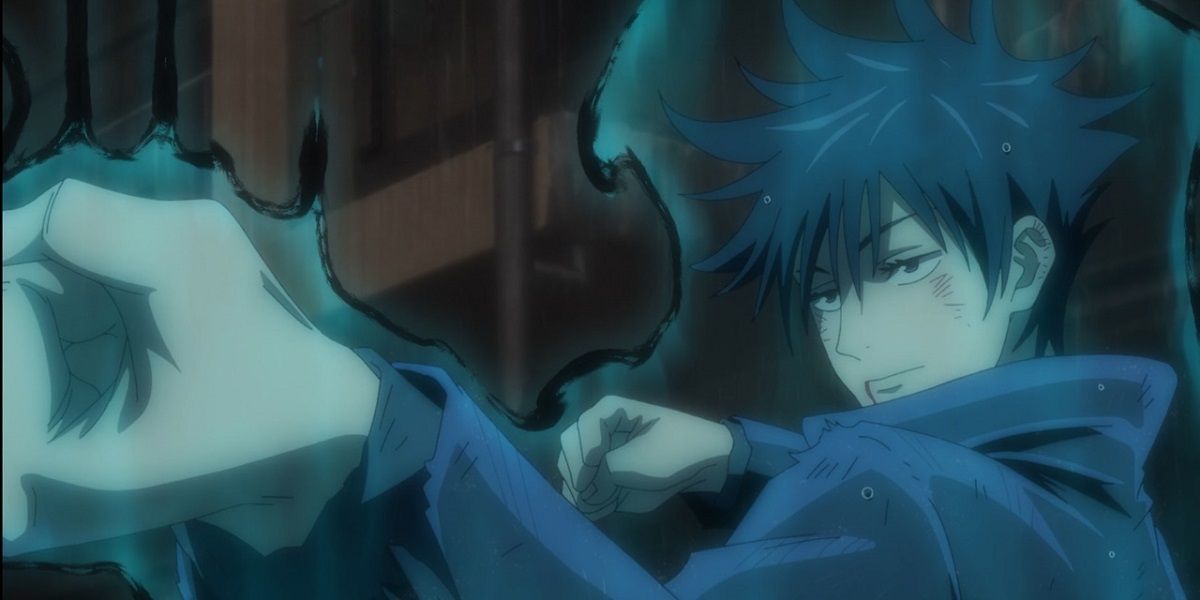
During his confrontation with Sukuna, Megumi is forced to face the reason he saved Yuji in the first place, even knowing he was Sukuna's vessel. Coming to the conclusion that he doesn't regret the decision, Megumi reveals that he wants "more good people to enjoy fairness," clearly referencing Yuji as one of those people.
Although this quote acknowledges that it's impossible for one person to deliver that fairness to everyone, Megumi wants to do his part in making the world better for anyone he can. That's an admirable stance to take, and it could impact a far greater range of people than he knows.
5 "You Can't Let Yourself Get Trapped In An Ideal Of Indifference." -Mahito
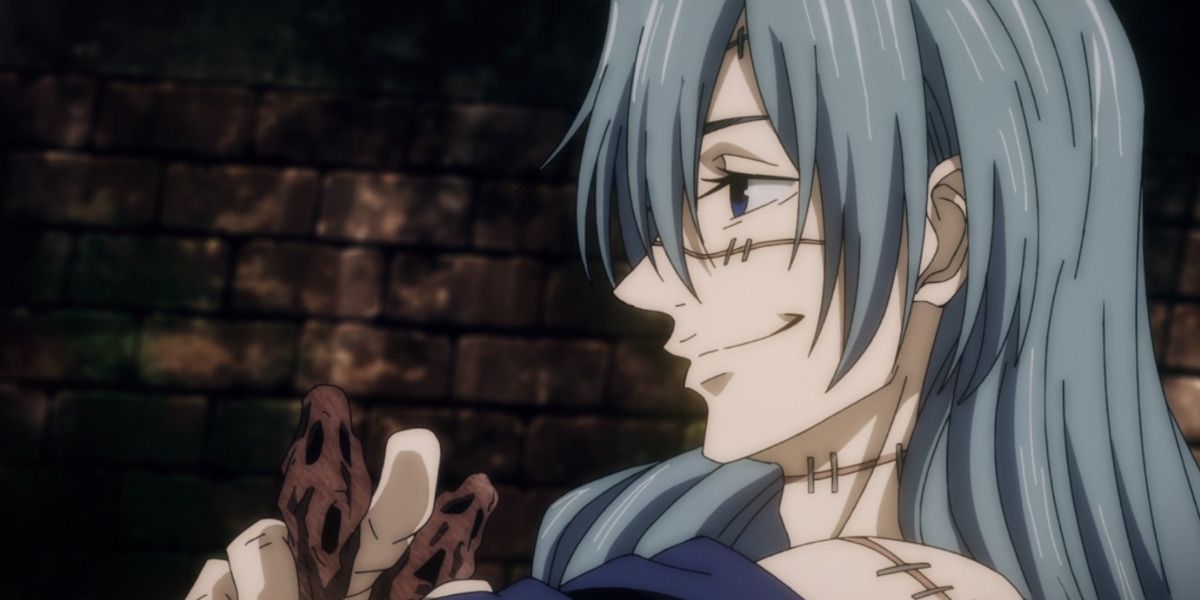
As the major villain of Jujutsu Kaisen's first season, Mahito has a twisted way of looking at the world, and it bleeds into his actions over the course of the episodes. Still, even villains have been known to depart wisdom from time to time, and Mahito does so during one of his conversations with Junpei.
While the rest of his words to Junpei may be best ignored, Mahito's emphasis on not letting oneself become wrapped up in indifference can be applied in many different ways -- because he does sort of have a point.
4 "What Makes Us Obligated To Meet Such Perfection Or Such Absurd Standards?" -Nobara Kugisaki
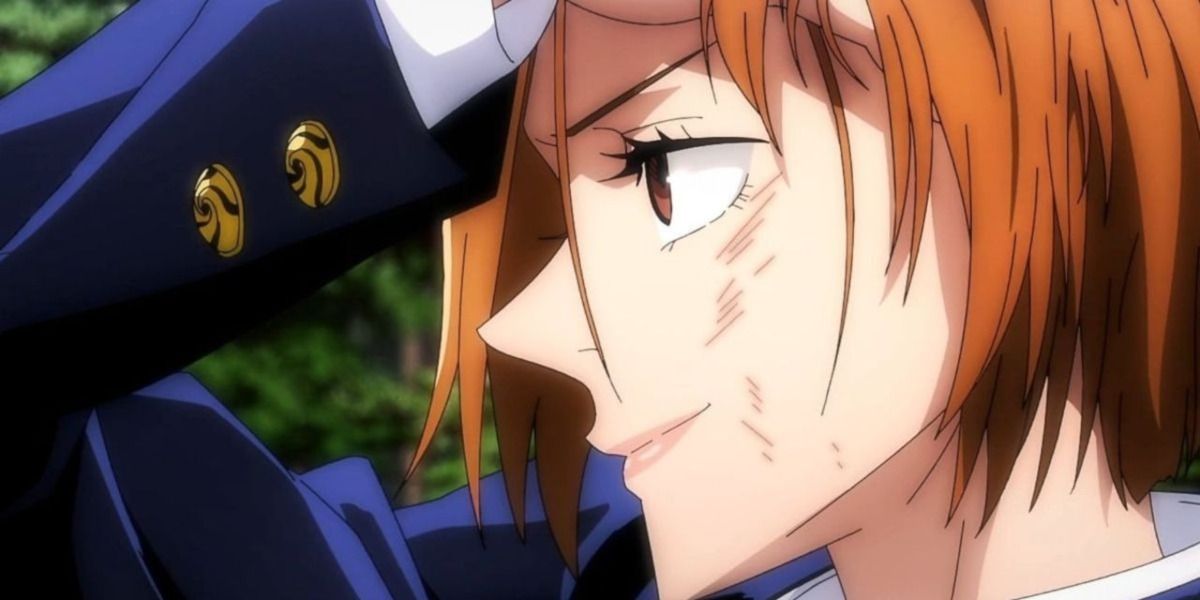
During Nobara's showdown with Momo in season 1, Momo suggests that the girls attempting to become jujutsu sorcerers must live up to a higher standard than the boys. Her commentary alludes to the unrealistic expectations women are often pushed to meet, whether it's in an educational setting, the workplace, or everyday situations.
Nobara's reaction, however, pushes back at the idea that women should meet the impossible expectations and demands placed on them. Her words not only question the validity of such obligations in the first place, but they propose that women don't need to meet those expectations to be equal to their peers. It's an empowering sentiment all around.
3 "Education Is Making People Realize Things." -Masamichi Yaga
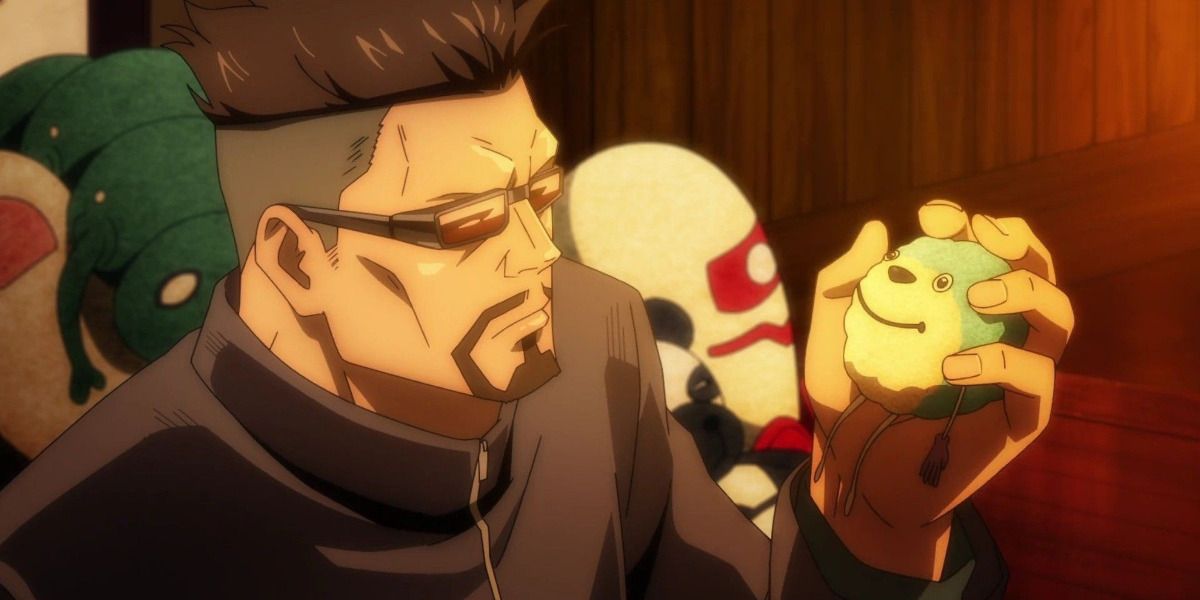
Masamichi Yaga's blunt claim that "education is teaching people things" is comical, but it also highlights the importance of knowledge and learning, even in its simplicity.
Both of these things mark the path forward for many people, including the jujutsu sorcerers in Jujutsu Kaisen. And Yaga's words prove one doesn't need flowery language or deep analysis to deliver a good point.
2 "The Accumulation Of Those Little Despairs Is What Makes A Person An Adult." -Kento Nanami
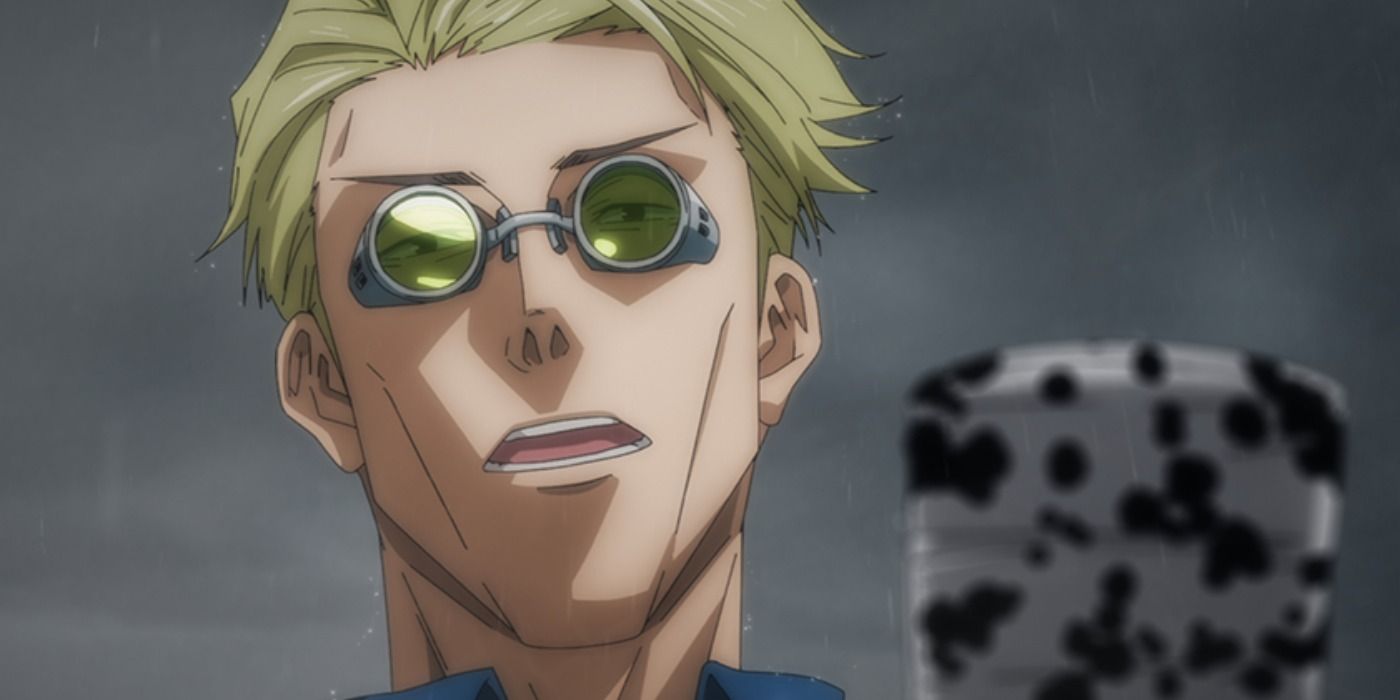
Gojo's friend Nanami has a unique perspective on the world of curses, merging his years in the corporate world with his experience fighting as a jujutsu sorcerer. It makes for a comical combination to say the least, and this quote will certainly leave anyone who has ever resented the many challenges of adulthood giggling.
When Nanami criticizes Yuji for trying to act like an adult because of what he's seen and gone through, he insists one hasn't truly reached adulthood until they've experienced an "accumulation" of small despairs. What those "little despairs" might be is up to the viewer's imagination, but given Nanami's time in the corporate sphere, it's pretty easy to draw connections to the real world.
1 "I Don't Give A D*** About 'Men' This & 'Women' That." -Nobara Kugisaki
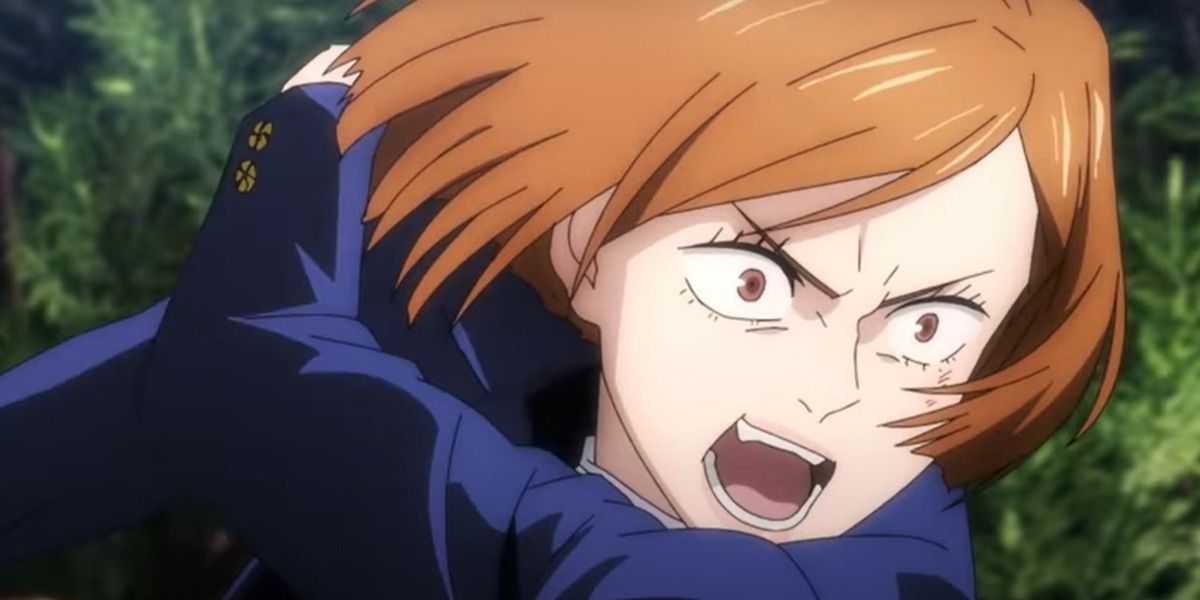
Many older anime feature gender stereotypes that are quickly becoming outdated, but Jujutsu Kaisen doesn't appear interested in perpetuating such tropes. It doesn't downplay its female characters or their abilities, nor does it see them acting solely as love interests or plot devices. And Nobara's words to Momo drive that point home.
Not only does Nobara reject being compared to her peers based on society's perception of what makes a man or woman, but she goes on to say that she loves herself while she's fighting and powerful as much as when she's feminine. In one speech, Nobara denounces the patriarchy and embraces self-love. It's a fantastic moment to behold.


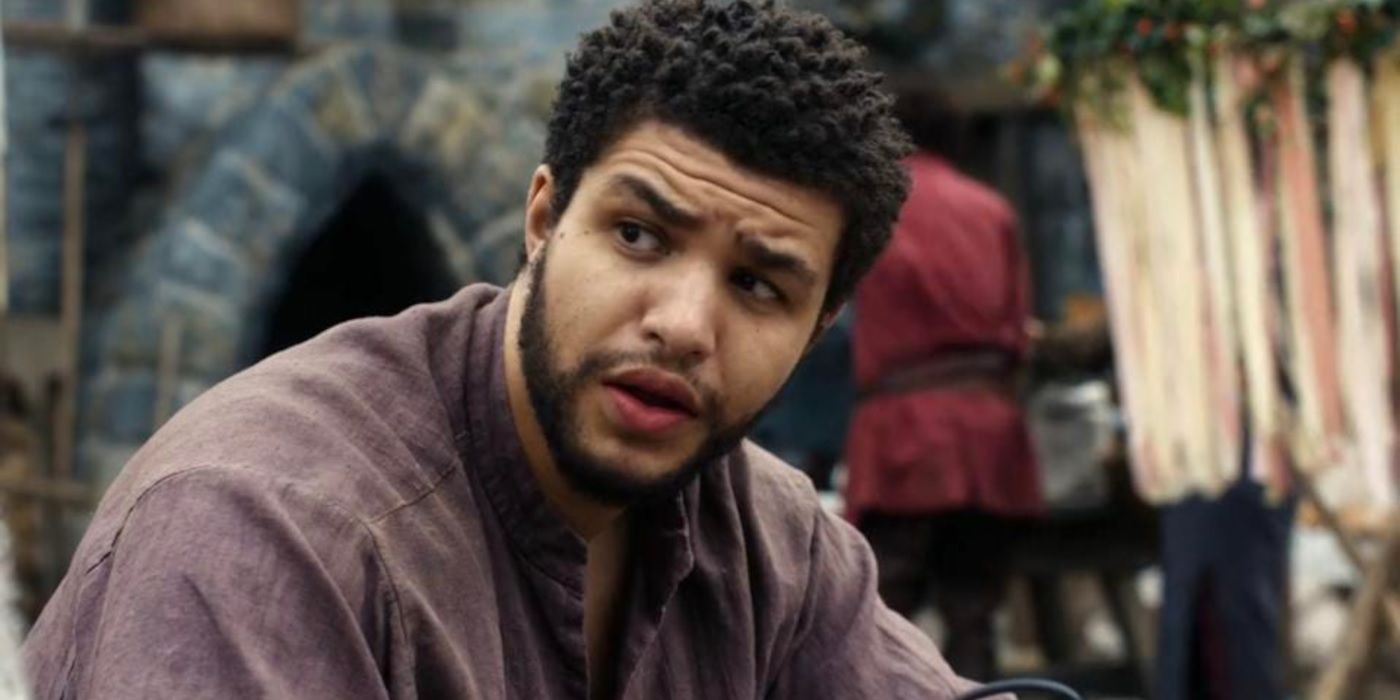
0 Comments